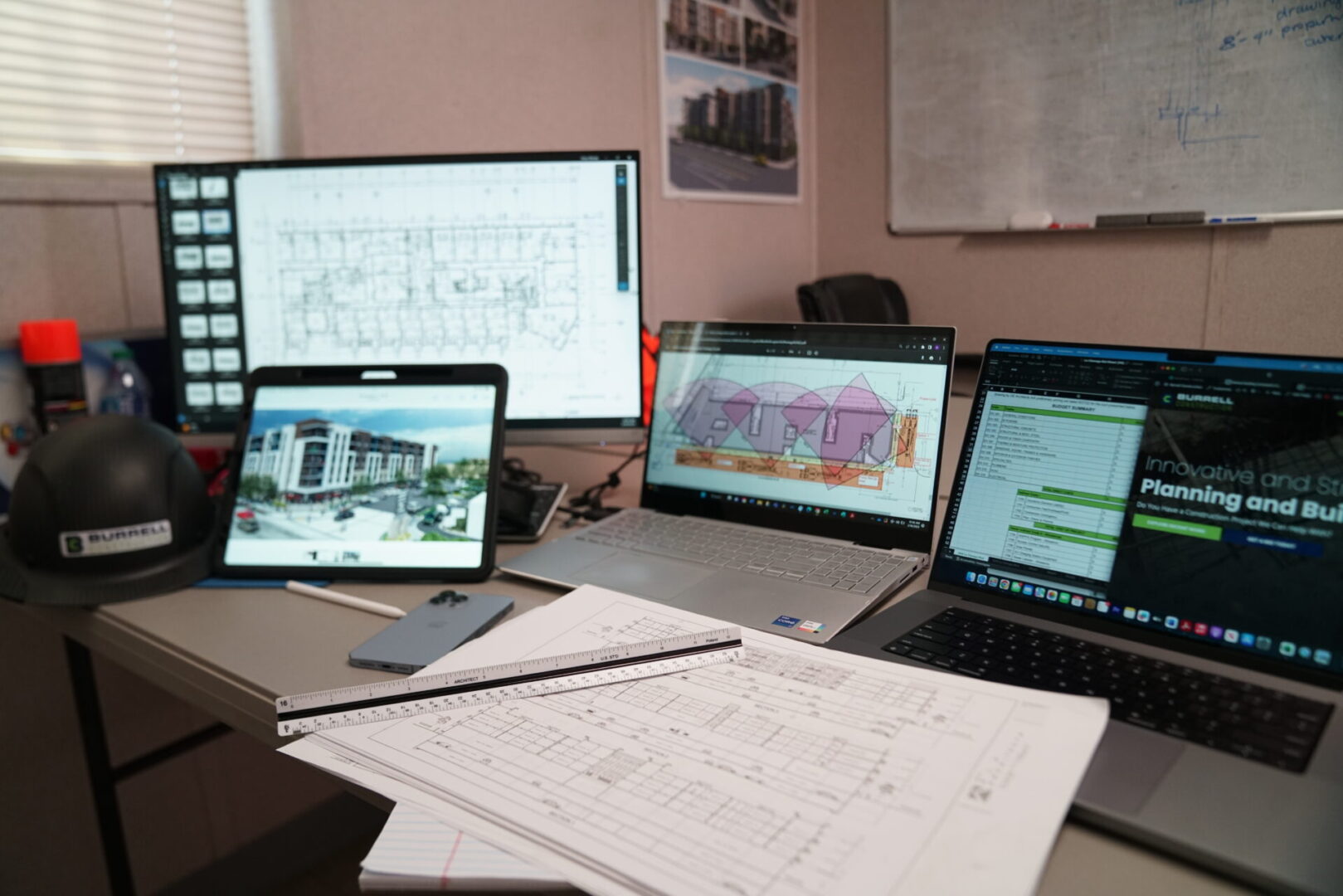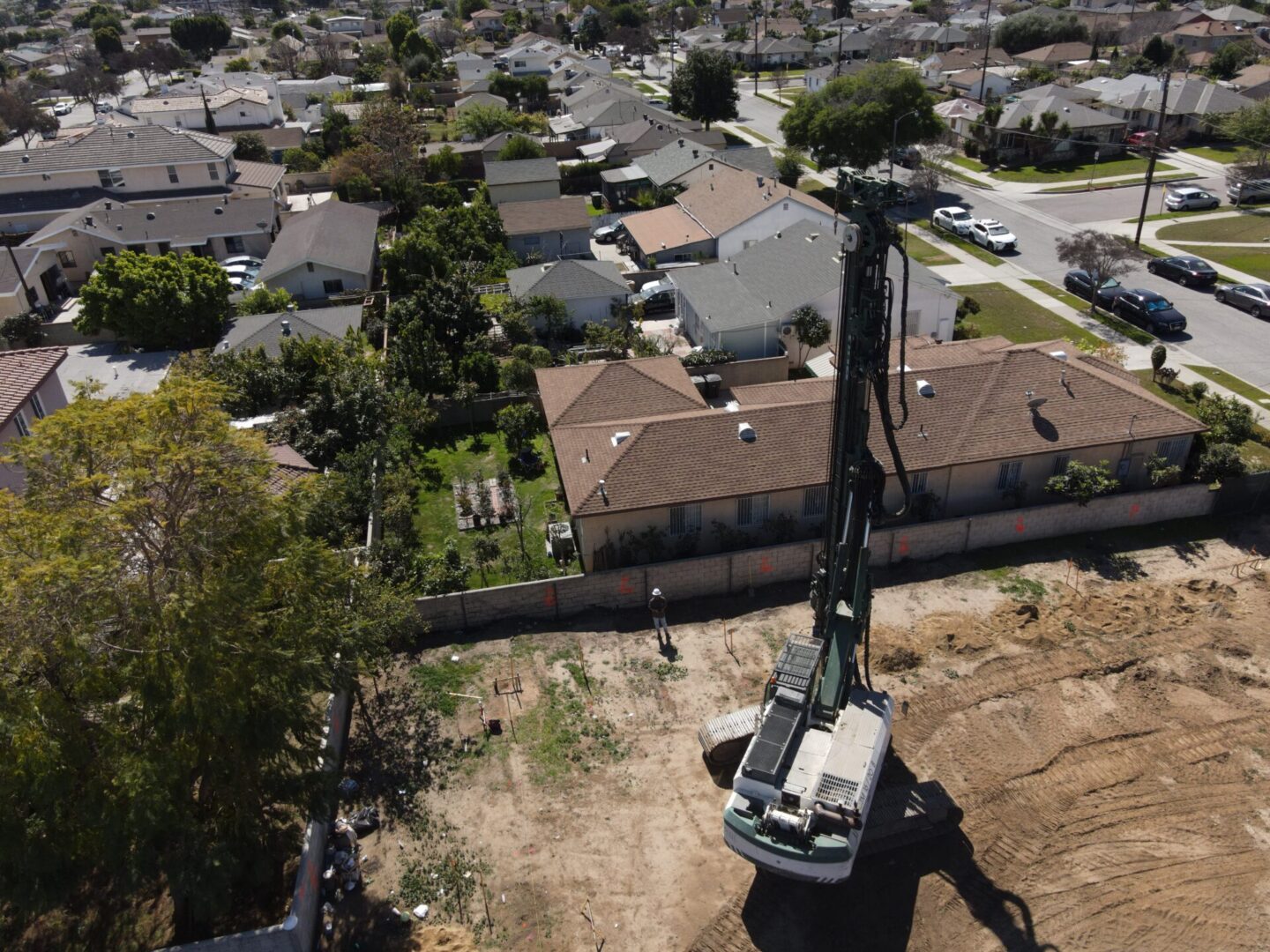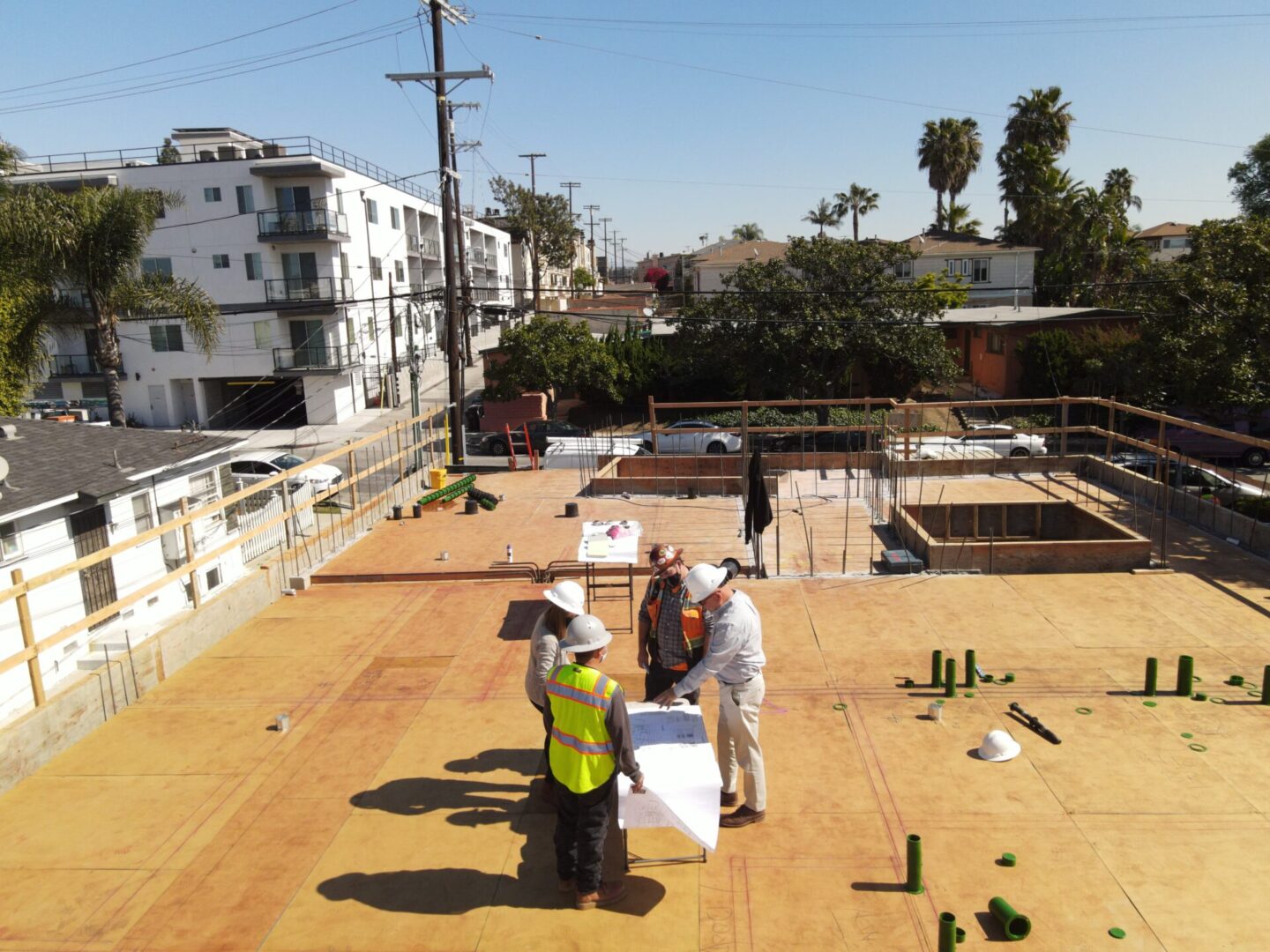Contractor List of Services
Plan Review, Value Engineering
- The analysis of systems (including components), materials, and equipment to take
advantage of current conditions in the construction market. - Preparation of budgets of systems, assemblies, equipment and materials.
- Where appropriate, develop bidding alternates on materials, construction
techniques, fabrication and installation methods.
Project Scheduling
Estimating and Budgeting & Planning


Project Planning
Developing and utilizing a project implementation plan is crucial for successful project management. By analyzing requirements that may impact project costs prior to bidding and actual construction, you can identify potential challenges and mitigate risks before they become major obstacles.
To ensure a smooth and efficient construction process, it's important to detail all such conditions in the bidding documents before the actual work commences in the field. This helps to ensure that all parties involved in the project have a clear understanding of the scope of work, potential risks, and expected outcomes.
By having a comprehensive project implementation plan and detailed bidding documents, you can minimize the potential for unexpected costs, delays, and other issues that could impact the project timeline and budget. Effective planning and preparation also help to ensure that the project is completed on time and to the required quality standards.
In summary, investing time and resources in developing a project implementation plan and detailed bidding documents is a smart move that can pay off in the long run by helping you to successfully manage your project and deliver the desired results.
Bid Packaging to Provide for Phased Construction
Program Bidders List and Assist in Promoting Bidder Interest

